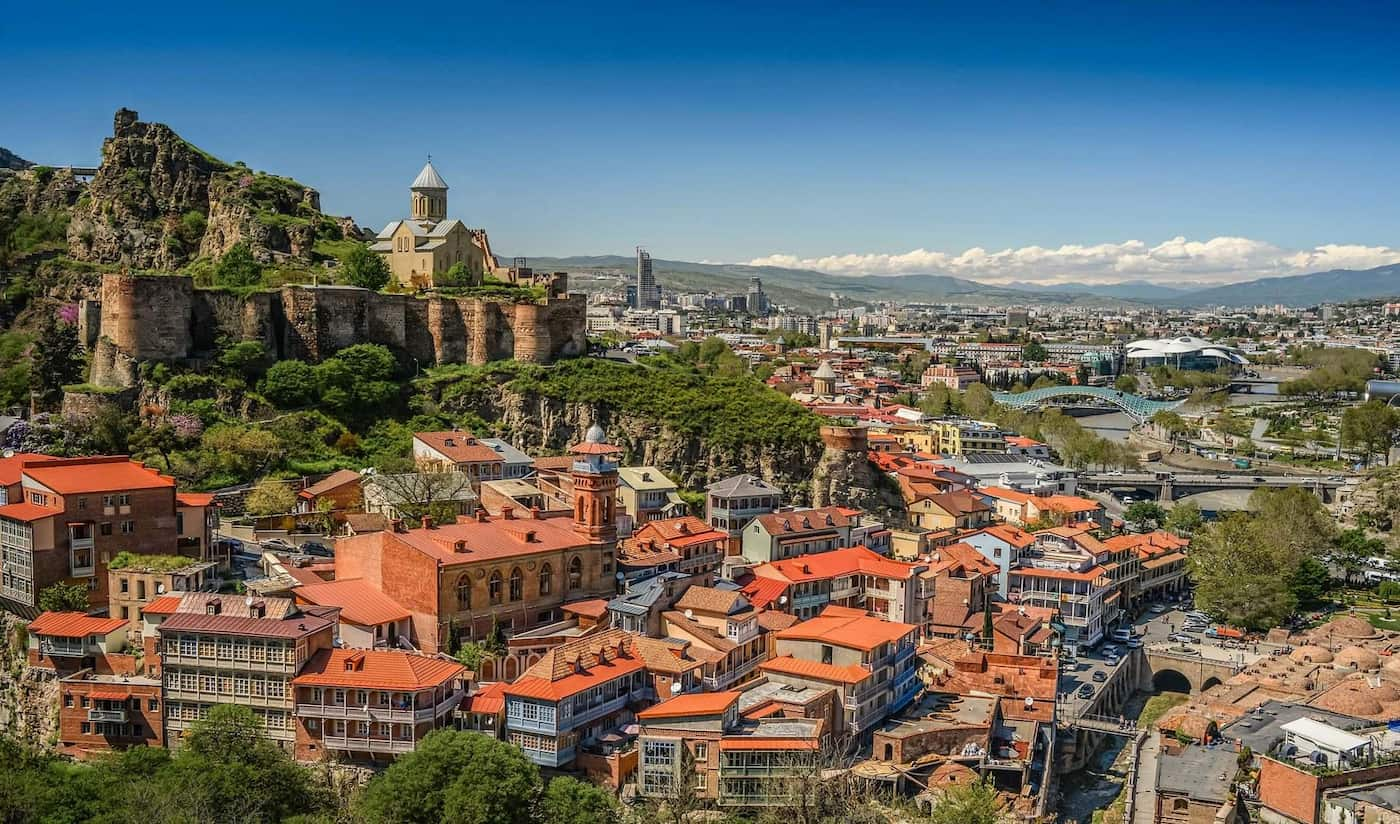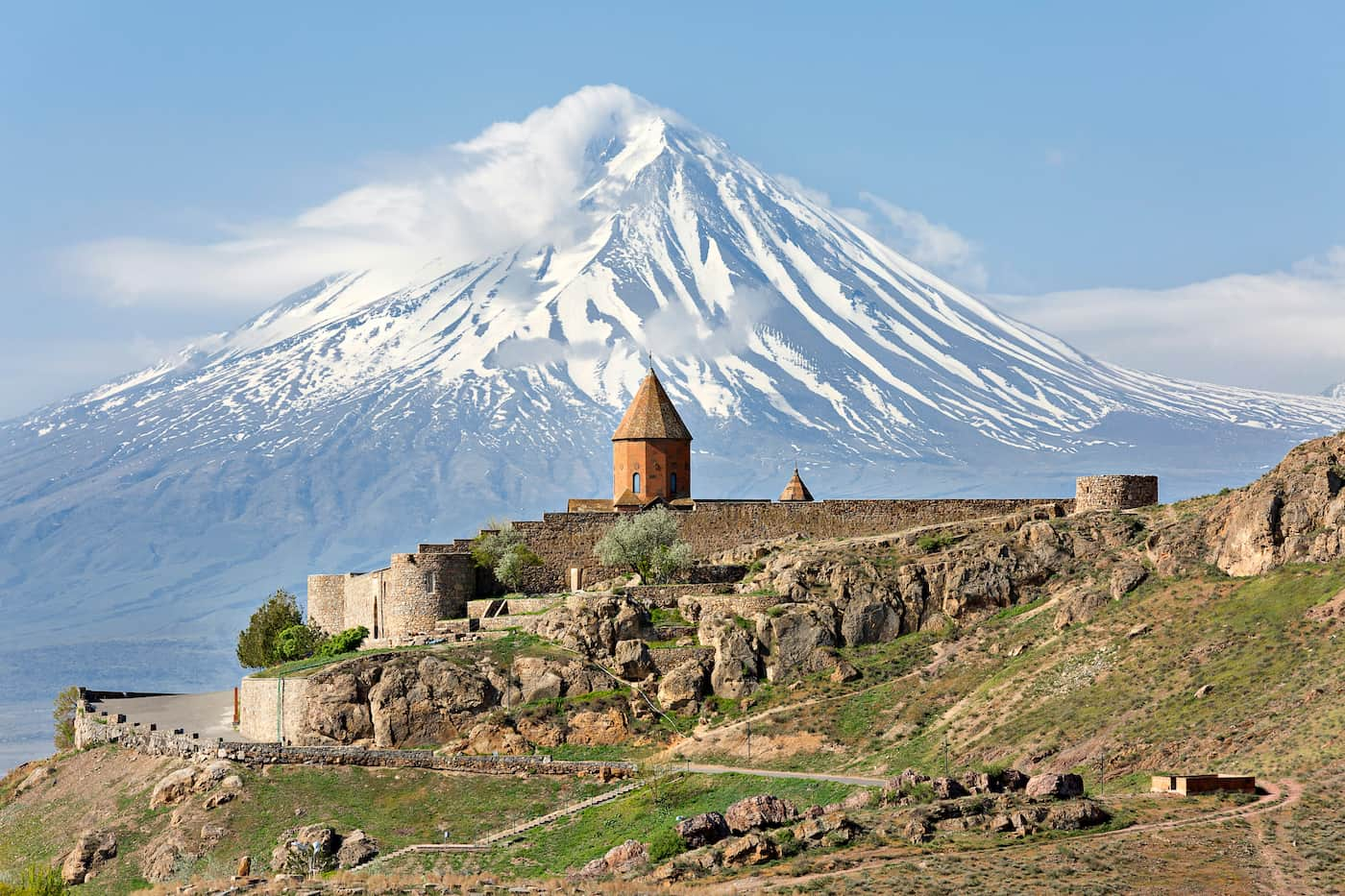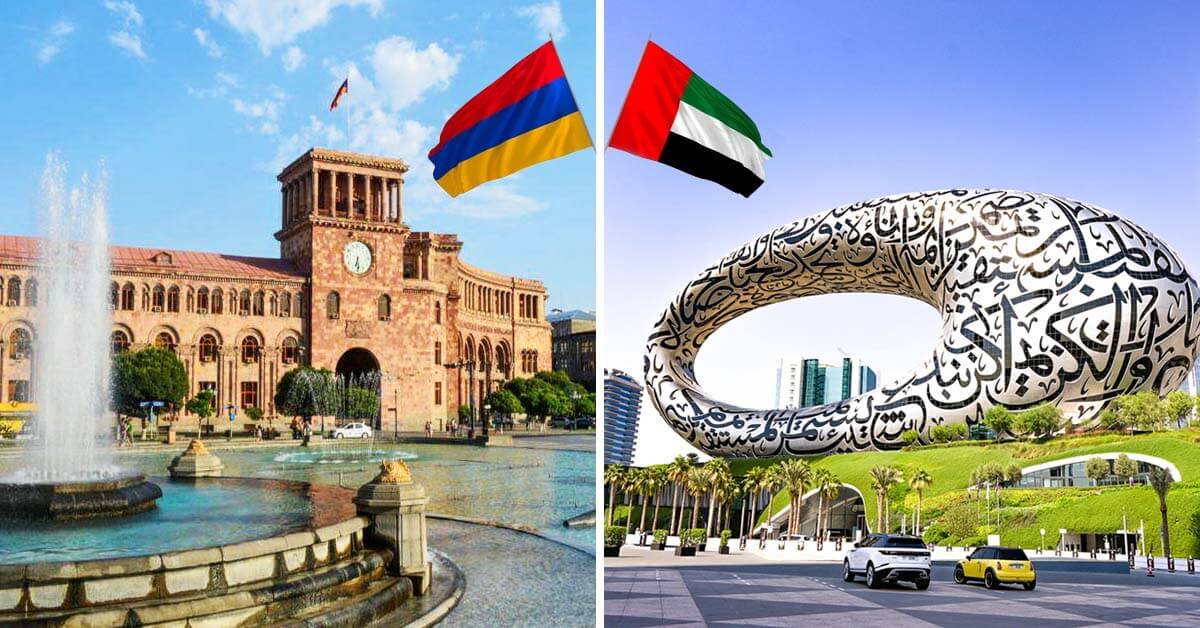Naturalization Path to Armenian Citizenship

Are you thinking about making Armenia your new home? Whether you’ve lived in Armenia for years or you’re just beginning your journey, the naturalization path to Armenian citizenship might be the right option for you.
In this guide, you’ll learn exactly how Armenia citizenship by naturalization works, what you need to qualify, which documents to prepare, and how to navigate the application process. We will also go over some key points like the rights of dual citizens, language requirements, and what happens if you have family members who are already Armenian citizens.
What Does Naturalization in Armenia Mean?
Naturalization is one of the main ways to become a citizen of the Republic of Armenia if you weren’t born there and don’t have Armenian descent. In short, you earn your place in Armenian society through residency, integration, and fulfilling specific legal requirements.
The Armenian nationality law allows foreigners to apply for citizenship after meeting certain conditions. Once approved, you become a citizen of the Republic, gaining rights such as voting, working without restrictions, and even applying for an Armenian passport.
Who Can Apply for Armenian Citizenship by Naturalization?
To become a naturalized Armenian citizen, you must meet the following main criteria:
- Be at least 18 years old
- Have lived in Armenia legally for the past three years
- Be a permanent resident
- Know the Armenian language
- Understand the Constitution of Armenia
Let’s break these down a bit.
Legal Residency and Living in Armenia
The naturalization process begins with legal residency. You must live in Armenia for at least three consecutive years before applying. That doesn’t mean occasional visits—it means holding a valid passport, having a residency permit, and being physically residing in Armenia most of the time.
Some exceptions apply. For example, ethnic Armenians, people married to Armenian citizens, or those with a child who is a citizen, can sometimes apply without meeting the full three-year residency rule.
Language and Civic Knowledge
To become a citizen, you’ll need to speak and understand the Armenian language at a basic conversational level. You also need to know the basics of the Armenian Constitution.
Don't panic—this isn't a law school exam. Instead, expect a short interview or questionnaire at the passport and visa department to test your understanding. You’ll be fine as long as you show commitment and preparation.
What Documents Do You Need?
Getting your paperwork in order is a key part of the process. Here’s what most applicants need to gather:
- Valid passport (plus a copy)
- Birth certificate
- Proof of residency in Armenia for 3 years (residency card or permits)
- Document confirming knowledge of the Armenian language and the Constitution
- Application form (provided by the authorities)
- Two recent passport-size photos
- If applicable:
- Marriage certificate
- Child’s birth certificate
- Proof of Armenian ancestry (for ethnic Armenians)
- Special residency permit (if issued before)
All documents not originally in Armenian must be translated into Armenian and notarized.
Where Do You Apply?
You can submit your application at the Passport and Visa Department of the Police or the Armenian embassy, or consulate if you live abroad.
The local authorities will review your file and schedule an interview. If you’re outside Armenia, the embassy may forward your documents for processing, but you might still need to visit Armenia to finalize the process.
How Long Does It Take?
Processing times vary. Typically, the review process takes several months. The final decision comes from the President of the Republic, who has the authority to approve or deny citizenship requests.
So, patience is key. Keep in touch with the authorities during the waiting period and respond promptly if they request additional documents or clarification.
What About Dual Citizenship?
Here’s some great news: Armenia allows dual citizenship. That means you can become an Armenian citizen without giving up your original nationality, depending on the laws of your home country.
Once approved, you’ll enjoy the full rights of an Armenian, including visa-free travel to several countries, the ability to work, own property, and access healthcare services as a local.
Special Cases: Family Members and Ethnic Armenians
Are you married to an Armenian citizen? Do you have a child who already holds Armenian citizenship? Or are you an ethnic Armenian yourself? If yes, the law provides some flexibility.
You might not need to meet the full three-year residency rule. Instead, you may apply sooner under a simplified naturalization route. Authorities still require some documentation, such as a marriage certificate or proof of Armenian descent, but the path is often shorter.
What If I Don't Speak Armenian Yet?
Learning Armenian can feel challenging, especially if you come from a completely different language background. But don’t worry—many schools and language centers in Armenia offer beginner classes. If you live in Yerevan or Gyumri, you'll find resources easily.
Start with basic phrases and work your way up. As you speak with neighbors, shopkeepers, or taxi drivers, you’ll pick up more every day. Immersion is the best teacher.
Can I Be Denied Citizenship?
Yes, rejection is possible if:
- You provide false documents
- You fail the language or Constitution test
- You have a criminal background
- You don’t meet the residency requirement
In such cases, you’ll receive a formal explanation. You can reapply once you resolve the issue.
What Comes After Approval?
Once the President of the Republic grants your citizenship, you’ll receive a citizenship certificate. After that, you can apply for an Armenian passport.
Congratulations—you’re now a full member of the Armenian community!
With citizenship, you get the same rights and responsibilities as someone born in Armenia. You can vote in elections, open a business, travel more freely, and call Armenia your official home.
Final Thoughts: Is Armenian Citizenship by Naturalization Worth It?
Absolutely. If you’ve made Armenia your home—or plan to—it’s worth going through the steps to become a full citizen. Not only does it secure your legal status, but it also opens doors for travel, property ownership, and long-term planning.
So, are you ready to start your journey toward Armenia citizenship by naturalization? Get your documents together, enroll in a language class if needed, and reach out to the nearest passport and visa department or consulate. Armenia welcomes those who truly want to be part of its future.
Помощь с оформлением карты MasterCard
- Пакет из двух карт сроком на 5 лет
- 4 валюты: USD, EUR, RUBL, AMD
- Комиссия на снятие наличных 1-3%
- Перевод на карту иностранного банка
Стоимость: 300$
Оформить карту



Скачайте гайдбук с подробными шагами по получению ВНЖ, всё просто
Получить гайд




.webp)






